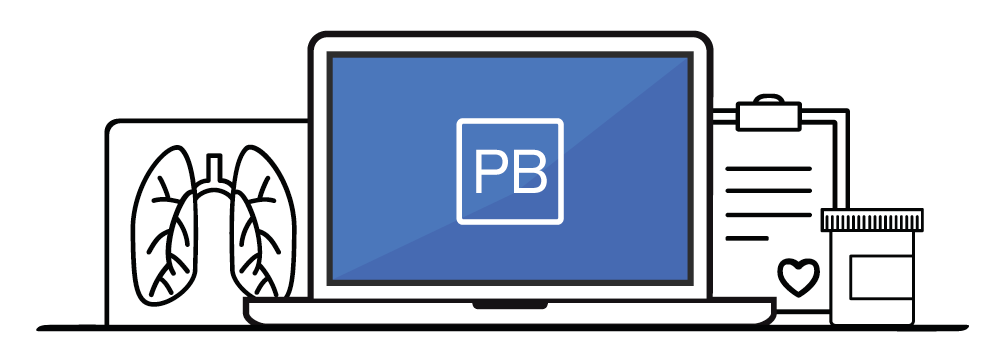
PatientBank, a Y Combinator-backed startup focused on helping people gather and share medical records online has raised $2.2 million seed funding co-led by General Catalyst and Khosla Ventures, with participation from SV Angel, Spectrum 28, and Data Collective. For just a processing fee of $30 for each medical record, patients, doctors, and researchers can use PatientBank to request medical records from anywhere in the United States.
The process is simple and easy: all the user have to do is enter where they’ve been for care, provide their electronic signature and click a button. After that, PatientBank obtain the records, digitize them, and stores them into a summary that can be easily shared with doctors and family members.
Traditionally, getting access to medical records is a cumbersome process. Every hospital has different release of information (ROI) processes and policies. Sometimes you have to fax in a formal request for records, sometimes you have to call your doctor, sometimes you have to show up in person at the medical records department. HIPAA, or the Health Insurance Portability and Accountability Act, gives patients the right to receive medical records within 30 days, but oftentimes even that request doesn’t happen.
With PatientBank, the process is streamlined to deliver requested medical records in a third of the traditional time without the need for sending authorizations via fax. “We have different ways to access records sometimes by mail, electronically, and even fax if we have to. And that flexibility has been critical in expanding the number of hospitals we work with,” said Paul Fletcher-Hill, co-founder and CEO of PatientBank.
The startup was founded in 2015 by Paul Fletcher-Hill, Feridun Mert Celebi, Kevin Grassi, MD and Graham Kaemmer who all met at Yale. The original idea for the startup began when co-founder Paul Fletcher-Hill wanted to create a website that visualized his own medical data three and a half years ago.
Under the assumption that he could request and receive his medical records promptly, he quickly realized that he had to send a fax request and still did not receive his records within 30 days. Frustrated by the experience, the team of four set out to help people access their medical records and quickly developed their first product designed to help generate all the authorizations and documentation doctors or hospitals needed to release records.
Afterwards, the team was accepted into the Y Combinator S16 batch, which help them focused their efforts rebuilding healthcare’s medical records infrastructure in a simple, elegant, and patient-centric way. To date, the company has completed over 11,000 request for medical records and obtained medical records from over 2,500 hospitals.
